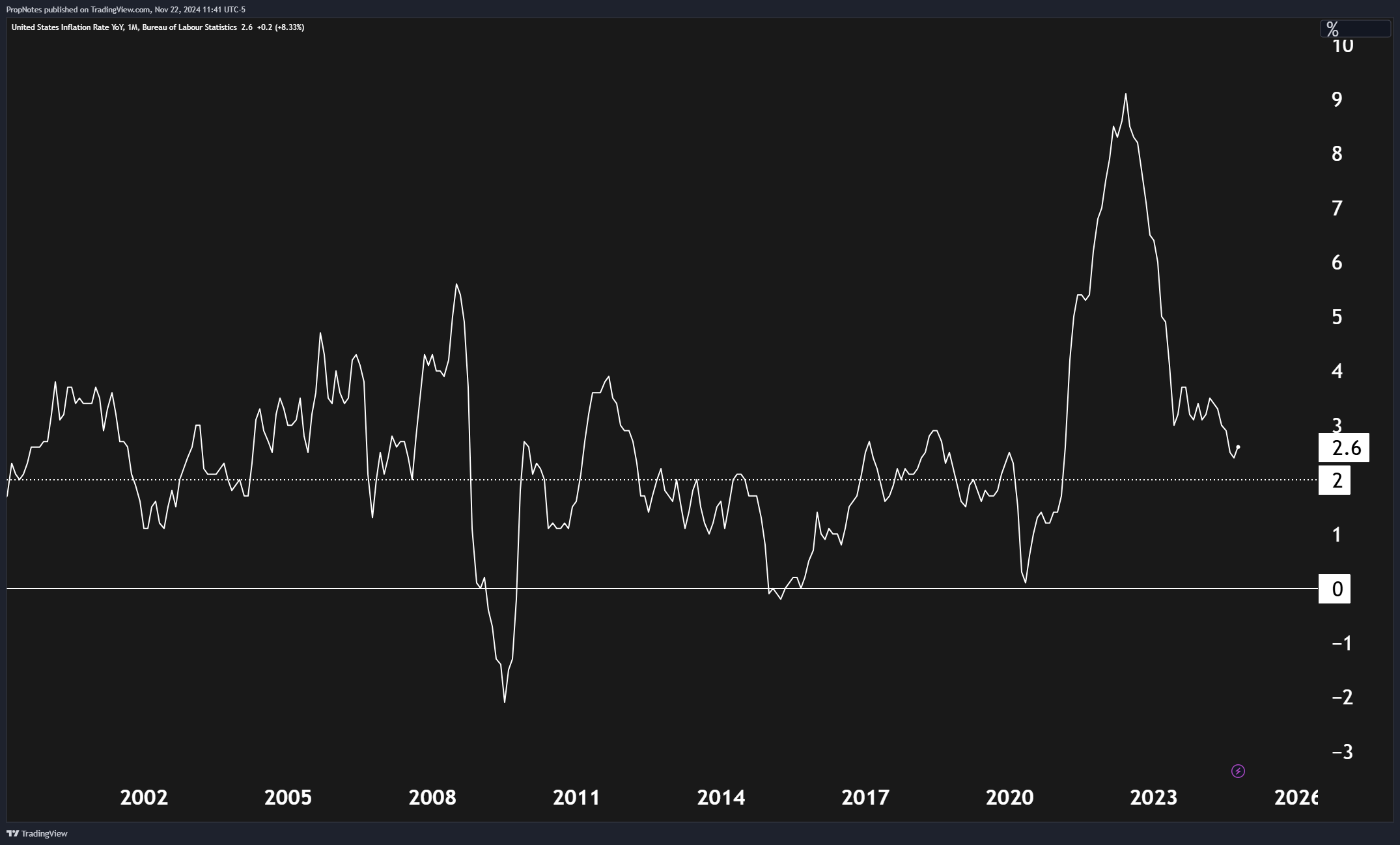Table of Contents
- Discover the POWER of SCHD: A Dividend Growth ETF! - YouTube
- ALL IN SCHD | 5 Accounts We Own SCHD In For Dividend Income - YouTube
- SCHD 실적점검 및 한국판 SCHD 비교분석 (ft. 연금저축 투자법) - YouTube
- SCHD에 올해 가장 큰 영향을 미칠 3가지 이슈 - YouTube
- 내가 SCHD를 매수하지 않는 이유 - YouTube
- 블라인드 | 주식·투자: 주린이 연저펀 schd 질문드립니다
- Here's How Much You Actually Need In Order To Retire With SCHD ...
- Sched-2 3 | PDF
- Sched | PDF
- SCHD Vs. SCHG | Seeking Alpha



What is SCHD and How Does it Work?



What Changed in the Rebalancing?




What Does This Mean for Investors?
The rebalancing of SCHD may have a significant impact on investors, both positively and negatively. Some of the key implications include: Potential for increased dividend income: The addition of new high-dividend-paying stocks may lead to an increase in the overall dividend yield of the ETF Changes in sector allocation: The rebalancing may result in a shift in the sector allocation of the ETF, which could affect its overall performance Increased diversification: The addition of new stocks and the removal of others may lead to a more diversified portfolio, reducing the risk of over-exposure to specific industries or companies The recent rebalancing of the Schwab U.S. Dividend Equity ETF (SCHD) is a routine process aimed at maintaining the ETF's dividend-yielding characteristics and ensuring it continues to track the underlying index accurately. While the changes may have a significant impact on investors, they also present opportunities for increased dividend income and diversification. As with any investment, it's essential to carefully consider your individual financial goals and risk tolerance before making any decisions. By understanding the changes and their potential implications, investors can make informed decisions and navigate the ever-changing landscape of the financial markets.For more information on SCHD and other investment opportunities, please visit our website or consult with a financial advisor.
Note: This article is for informational purposes only and should not be considered as investment advice. It's always recommended to consult with a financial advisor or conduct your own research before making any investment decisions.